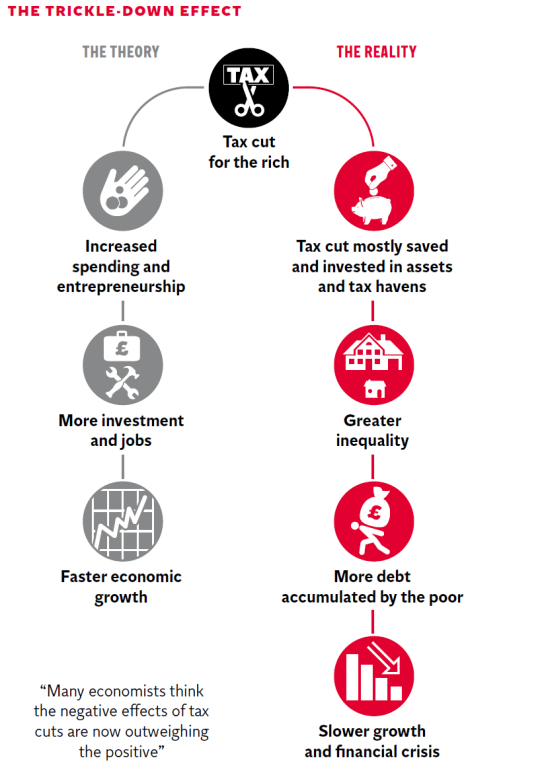via Blogs I Follow — WordPress.com
There is a very successful book called The Seven Habits of Highly Effective People, written by Stephen R. Covey. The premise is that by aligning your behaviors to these Seven Habits then you can achieve almost anything you want. But what happens if your company is run by a psychopath, the middle management are incompetent and your co-workers are as effective as chocolate tea pots. You’ll need the following habits to survive.
The Seven Habits of Mediocre Management
(1) Be Reactive:
Whatever you do don’t start anything new. If it hasn’t been done before its bound to fail, as your competitors would have thought of it first and obviously decided it was too risky. Only do something if has to be done e.g. putting a fire out. Otherwise the safe not sorry mantra is: If it isn’t broken, don’t fix it.
(2) Always Think of the Consequences:
If you have to start something new and god forbid, innovative, what happens if it goes wrong? Can it be traced back to you? If it can, set up a ‘Steering Board’ or at least a Works Committee so you can spread any blame by ensuring collective responsibility. If it goes well, your boss will take the credit so don’t concern yourself with that scenario
(3) Prioritise Yourself:
Put yourself first. After all you are at least less mediocre than your peers. So what can you get out of this? Is there a promotion or pay rise involved? Make sure that you are front and centre of any activities that are visible to your management and are bound to succeed or at the very least not to fail. Your team, direct reports and anyone else directly connected to the project should be in no doubt that your happiness is their job security.
(4) Never Apologise or Explain:
It’s an old truth but one practiced by the Captains of Industry, Politicians and Royalty for generations. You must always remember it’s never your fault. Even if you made the original decision, someone should have interpreted it in a way that did not cause the catastrophe it created. That’s the point of a ‘Team’. Plus of course, all should remember that in the unlikely event you do go down, they go down with you.
(5) Communicate Effectively:
Communicate information only a ‘need to know’ basis only. The ‘Team’ should not have the ‘Big Picture’ as it’s far too hard for them to understand. They should just follow any orders that are given to them, whether written, verbal or via ‘guidance’ delivered in the pub. Telepathic employees are like gold dust, so ask all the team to work on that skill, it saves so much of your time time if you actually have to pass on stuff.
(6) Build a Team:
You need do-ers, a note taker, a PowerPoint expert, a sycophant and an expert. Make sure there is only one expert, two will just contradict each other and this will involve decision making in a subject area you have no idea about. The do-ers should be told what you expect to happen and the expert will look aghast at the time scale and budgets allocated. Let them fight it out between them. The PowerPoint guy does the status reports, the more pages and complex the less likely to be commented on negatively at your review with your boss. The sycophant provides coffee and biscuits. The note taker (ideally a sycophant as well) is to ensure evidential proof that what ever you said or did was the right thing.
(7) Your Boss is Always Right:
A Mediocre Boss will practice these habits so expect to be managed in that way. The advantage is you know what to expect from the behaviors so don’t get caught in any fall out. If your Boss is a complete $*!@*% then sycophancy is the best defence.




